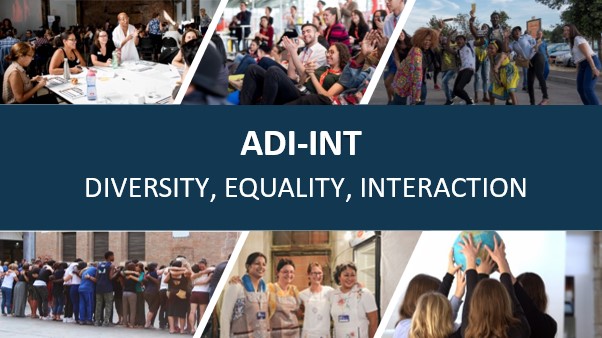Inclusive Integration and multilevel governance
Across Europe, competences on immigration and integration policies at state, regional and local governments vary significantly. This complex institutional landscape reflects the transversal and interdisciplinary nature of integration and, at the same time, it makes it particularly challenging to conceive and implement coherent and coordinated policies between the different policy areas and governance levels.
And yet, a strong case can be made in favour of co-ordinating national and local policies and aligning them towards a more inclusive approach. Because of their transversal nature, the elaboration of migrant and refugee inclusion policies would certainly benefit from greater consultation and coordination among all relevant stakeholders. Besides, their success ultimately depends on ensuring ownership and active engagement by state institutions, regional and local authorities, civil society, and the citizens.
Taking the above into account, in November 2017 the ICC programme launched the Inclusive Integration Policy Lab, an initiative to promote co-operation and enable transfer of innovation, policy co-ordination and consistency among local, regional and national authorities in the field of migrant integration. The secondary goal was to encourage national and - whenever appropriate - regional authorities, to adopt an intercultural approach to migrant and refugee integration, as already recommended by the Committee of Minister.
During its pilot phase the Policy Lab reviewed existing national and local integration strategies and promoted exchanges with policy officials from a limited number of Council of Europe member States and intercultural cities. Since January 2020, the work initiated by the Policy Lab has been taken over and reinforced by the Committee of Experts on intercultural integration of migrants (ADI-INT) (formerly Working Group on Intercultural Integration), a multilevel structure mandated to assist the Council of Europe Committee on Anti-Discrimination, Diversity and Inclusion (CDADI) in steering intergovernmental work in the field of intercultural integration and positive diversity management policies.
 Why a multilevel governance of migration
Why a multilevel governance of migration
Inclusive integration requires a framework for equal rights, responsibilities and opportunities for all, as well as policies to foster intercultural interaction, understanding and participation on the ground. The former is primarily the task of national authorities; the latter relies on cities. Thus, for inclusive integration to happen, both governance levels must cooperate more effectively than at present. The ADI-INT ensures policy consistency and complementarity and enables transfer of innovation and good practice from local to regional and national levels and vice-versa.
Committee of Experts on intercultural integration of migrants






